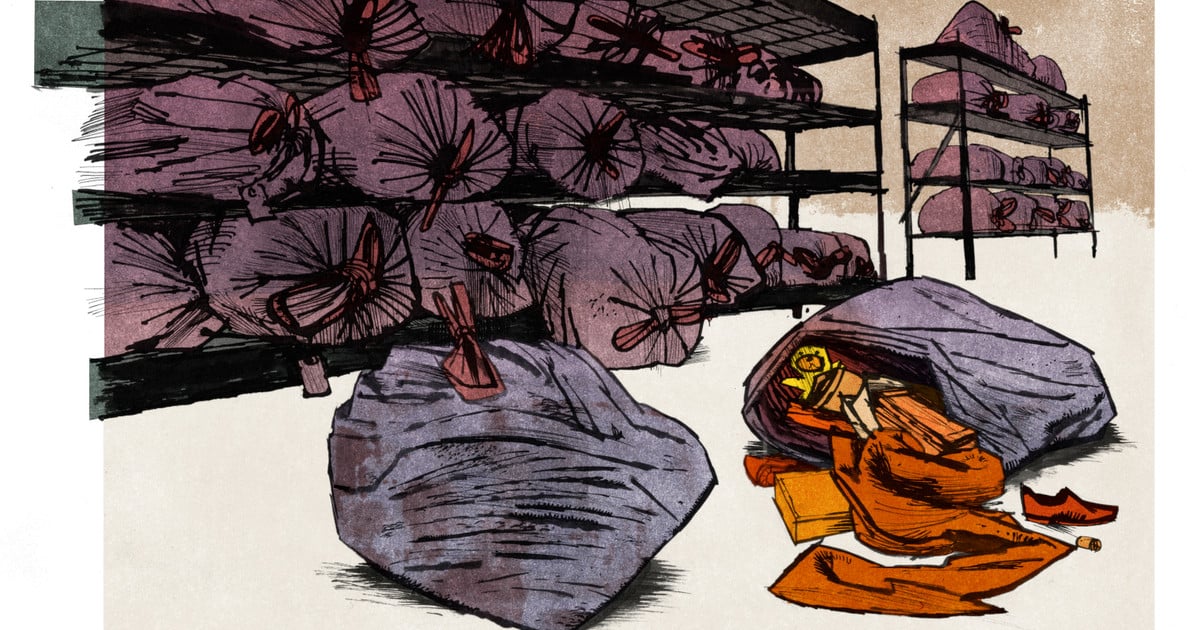Over the past year, my colleagues Ruth Talbot, Asia Fields, Maya Miller and I have investigated how cities have sometimes ignored their own policies and court orders, which has resulted in them taking homeless people’s belongings during encampment clearings. We also found that some cities have failed to store the property so it could be returned. People told us about local governments taking everything from tents and sleeping bags to journals, pictures and mementos. Even when cities are ordered to stop seizing belongings and to provide storage for the property they take, we found that people are rarely reunited with their possessions.
The losses are traumatizing, can worsen health outcomes, and can make it harder for people like Stratton to find stability and get back inside.
Our reporting is particularly relevant because cities have recently passed new camping bans or started enforcing ones already on the books following a Supreme Court decision in June that allows local officials to punish people for sleeping outside, even if shelter isn’t available.



The “if we make it unpleasant enough for people to not have homes they will get them” strategy has always mystified me.
Wrong quote. It ends “they will go somewhere else”
Still mystifying. How would they get there?
There are a number of cities that have paid to bus their homeless population somewhere else. It’s despicable.
I assume the “somewhere else” has attainable jobs and affordable housing?
Right?
…right?
No mystery. It’s just spite.
The intent is to get them to go to another city.